Master in City & Technology 2020/21 – Term II
Seminar Name: Computational Urban Design II
Total Hours: 20 hours
Faculty: Eugenio Bettucchi, Alex Mademochoritis, Iacopo Neri
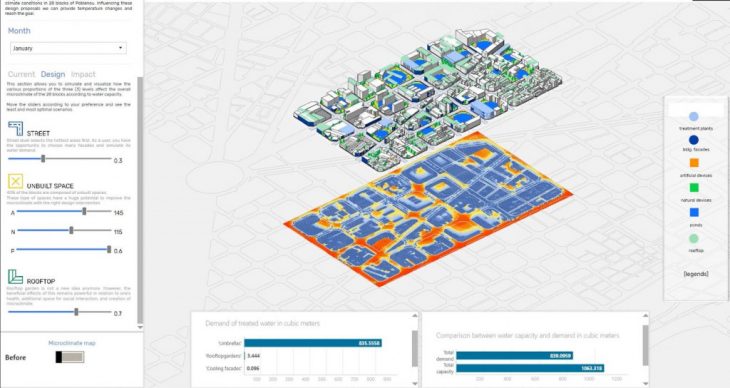
Credits: Water Loop is a project of IAAC, Institute for Advanced Architecture of Catalonia developed at Master in City and Technology, workshop in 2019/2020 by Students: Linara Salikhova, Jianne Libunao, Rashid Gilfanov and Faculty: Areti Markopoulou, Alex Mademochoritis, Rodrigo Aguirre, Eugenio Bettucchi and Iacopo Neri.
Abstract
“Successful urban configurations are the result of a complex sequence of implicit computations that transform unorganized input into organized output.“
URBANISM AS COMPUTATION Nikos A. Salingaros
The increasing challenges of planning and designing cities in the era of big data have urged the practices of urban planning and design to rethink many of the traditions and norms upon which they have been operating over the past decades. To facilitate urban technologists in understanding the implications and impacts of urban planning in response to global challenges, new tools, based on big data and real-time information are needed.
It’s time to rethink how the combination of big data & computational design can help us not only explore, analyze and evaluate cities but also generate multiple design solutions for the urban environment based on quantitative and qualitative data.
This course focuses on the creation of tools that visualize, calculate and simulate urban planning and design changes in cities.
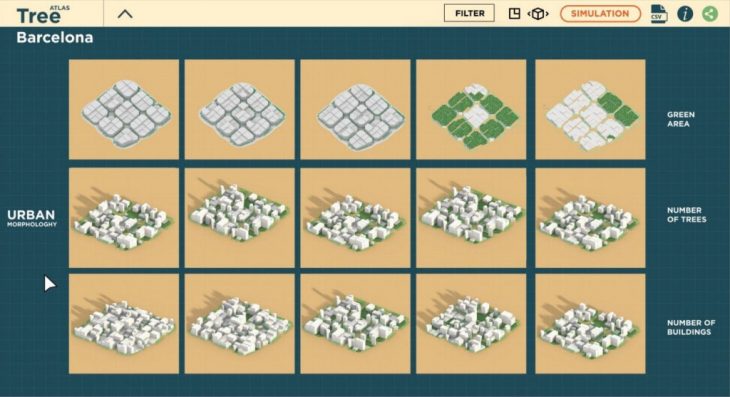
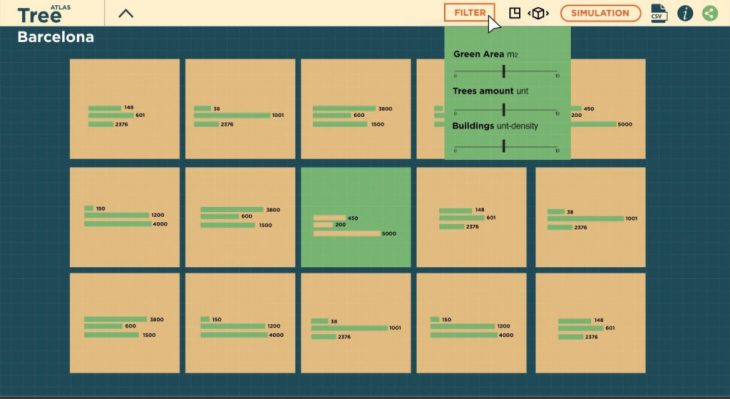
Credits: Green Atlas is a project of IAAC, Institute for Advanced Architecture of Catalonia developed in the Master in City & Technology 2019/20 by Students: Alejandro Quinto, Eli Munn, Byron Cadena, Aryo Dhaneswara and Faculty: Rodrigo Aguirre, Eugenio Bettucchi, Alex Mademochoritis, Iacopo Neri
This course is based on the framework that urban morphologies and social dynamics rely on iterative and repetitive logics, which, tending to an ecological equilibrium are resilient and adaptive. Being shaped by new factors allows cities to evolve with its inhabitant’s needs. How can we master this complexity? Which are the implications that computation offers to urban planners today? During this course, we will focus on urban strategies for planning new expansion areas or reconsidering the existing urban fabric. The endogenous and exogenous parameters of the site and existing social relations will affect design decisions and let the system organize and adapt over these factors. The goal is to make students able to master these topics applying them to a project but also, in a broader aspect, construct a tool that can then be applied to a wider context in a systematic way.
Faculty
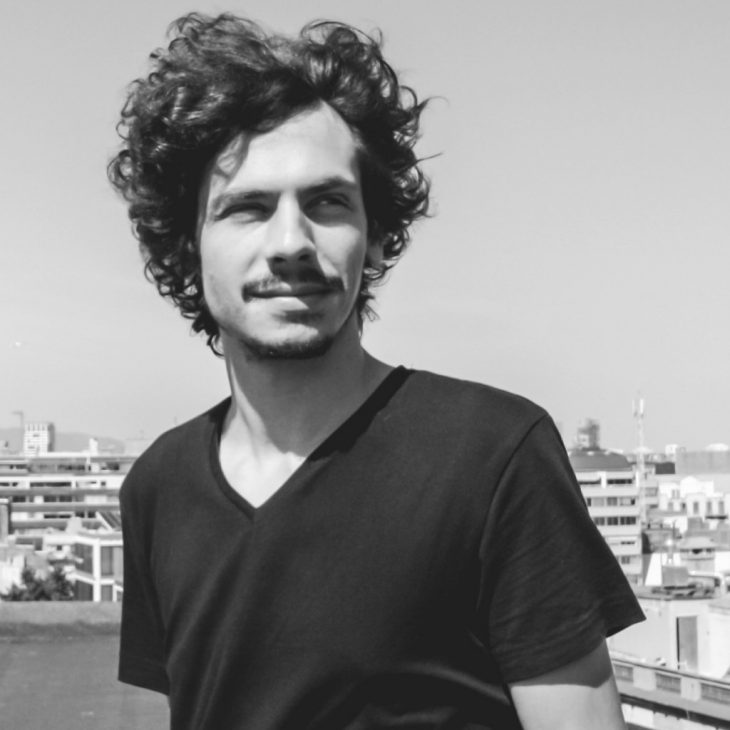
Eugenio Bettucchi is a civil engineer with a degree in Building Engineering & Architecture from Alma Mater Studiorum, University of Bologna (IT). He developed his thesis focusing on robotic material deposition based on real-time feedback. Currently, he is a senior designer at Noumena Barcelona, his interests and skills lie in computational design and digital fabrication. He is part of the IaaC assisting students in MRAC (master in Robotic and Advanced Construction) and OTF (Open Thesis Fabrication) master programme and in several other masters. He is also involved in the ROMI project (Robotics for Micro Farming) contributing to the development of autonomous aerial solutions.
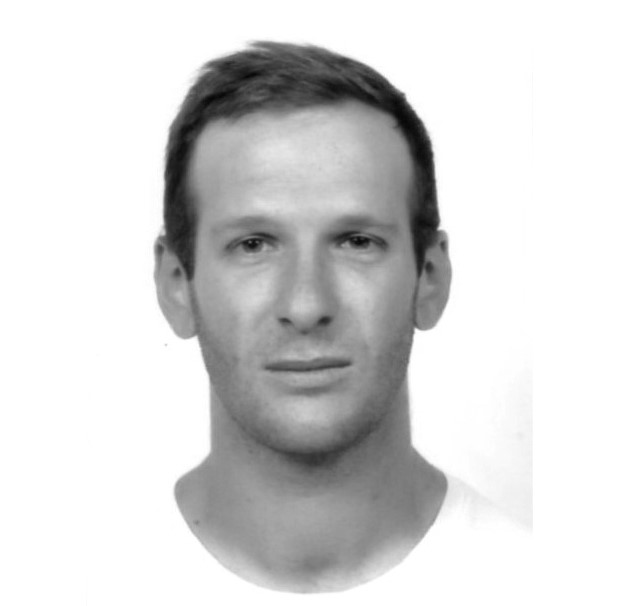
Alex Mademochoritis is a Greek-French architect and urban technologist whose investigations focus on the intersection of urbanism and data science for the transformation of urban environments into responsive, human-centered, ecological and intelligent cities.. He holds a degree in Interior Architecture and Design from the Technical Educational Institute of Athens and a Master in City & Technology (MaCT) from the Institute for Advanced Architecture of Catalonia (IAAC).
He is the coordinator of IAAC’s MaCT – a master’s program oriented towards redefining the analysis, planning, and design of cities – and faculty at the IAAC’s Advanced Architecture Group (AAG) – an interdisciplinary research group investigating emerging technologies of information, interaction and manufacturing for the design and transformation of the cities, buildings and public spaces.
His research is also actuated as a founding member of the AAG’s Computational Urban Design Research Team, in which he investigates how the combination of big data & computational design can help us not only explore, analyze and evaluate cities but also generate multiple design solutions for the urban environment.
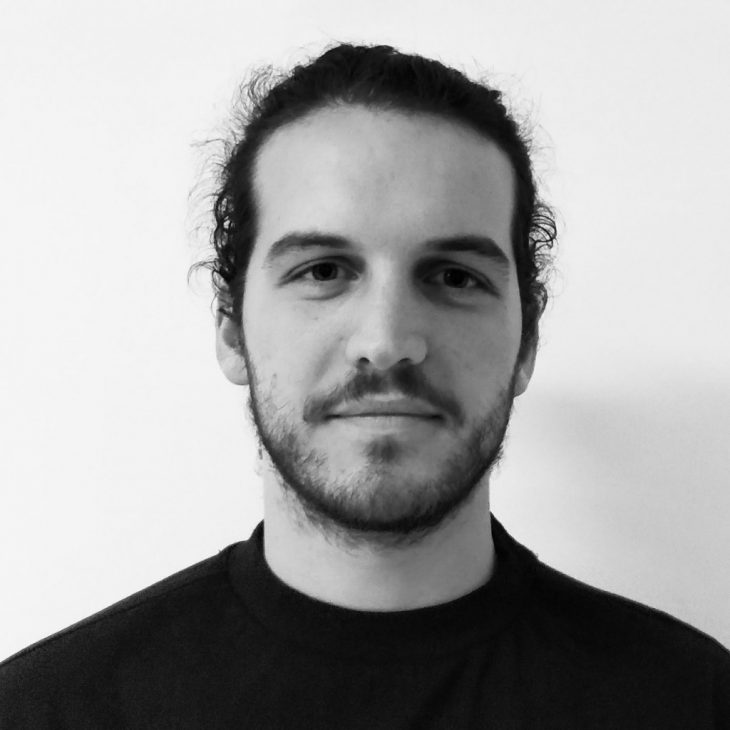
Iacopo Neri’s research lies at the intersection between architecture, computer science and urban planning. He holds a Master of Science in Architecture with Distinction at The Polytechnic University of Milan, and attended a Master in City and Technology at the Institute for Advanced Architecture of Catalonia (IaaC, Spain) after presenting a paper about Swarm Intelligences for crowd-based analysis during the Responsive Cities Symposium (2017, Barcelona). He has been involved as a teaching assistant since 2015 at the University of Florence, later, at The Polytechnic University of Milan, and finally at IAAC where he is currently part of the City and Technology computational research team. He also works as a computational designer at External Reference Architecture Bureau, Barcelona.
